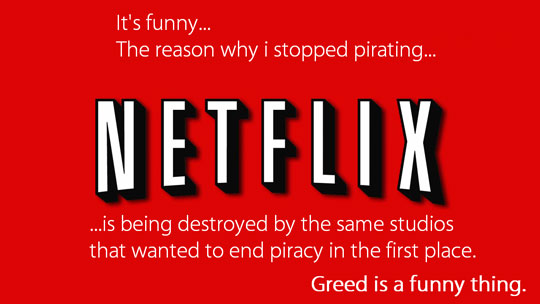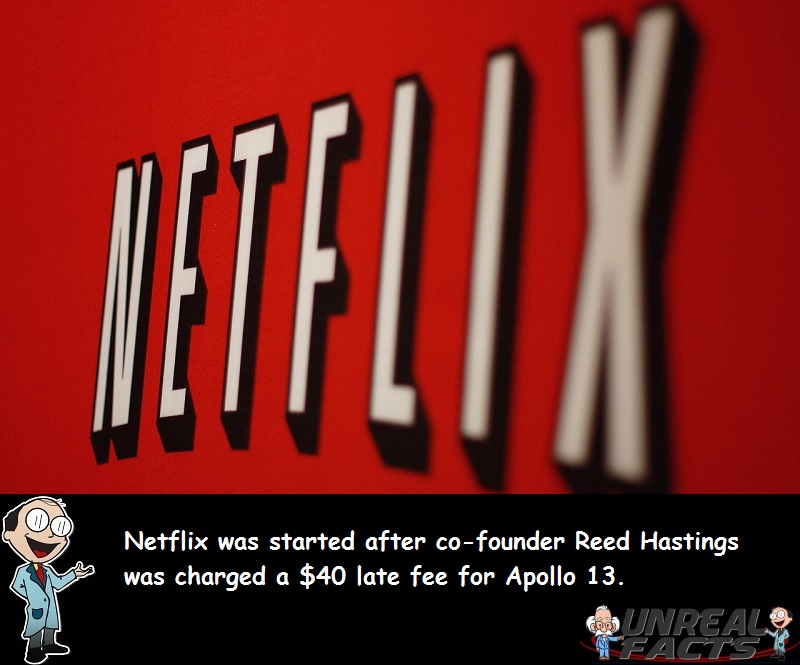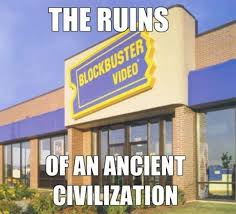Netflix was founded because of a late fee for a movie. Now, you might be wondering to yourself, why would anyone bother getting so riled up over a late fee that they would go out and start up a new business. Well, let’s just say that if you could see a massive failure in customer service and an opportunity to fill that failure, wouldn’t you take it?
This has to be the ultimate revenge story. Many of us are now familiar with Netflix. It’s the biggest internet streaming service for high-quality content on the web. Sure, there are sites like YouTube, Daily Motion and Vimeo, but the vast majority of the videos uploaded to those sites are user produced, and well, perhaps not as refined as a professional Hollywood production. To be harshly honest, you could spend a lot of time clicking through the videos before you find something worth consuming a few minutes of your time. And that’s another point. Most videos on those sites are short, in most cases only a handful of minutes in length. But this is where Netflix differs. They deliver premium content, as in professionally made movies, documentaries, and television shows, for a small fee.
A lot of would be familiar with the old fashioned bricks and mortar video rental store. We used to have to go and physically select a title, pay a fee to rent the video or DVD, and depending on the terms of the rental, it would need to be returned either the next day, three days later, or a week later. If it was returned late a penalty fee had to be paid before you were permitted to rent another title. In all honesty, it seemed like a fair deal. If you were late you paid. But could it be better? Well, one of the co-founders of Netflix thought so after being lumped with a hefty late fee.
Netflix was founded because of a late fee for the movie Apollo 13. When co-founder Reed Hastings was late, very late returning Apollo 13, he was hit with a massive $40 late fee. Clearly that’s an unfair penalty, as the title wouldn’t have even cost that much to purchase. Seeing an opportunity for a fairer system, he teamed up with Marc Randolph in 1997 to develop an online video rental system where users still had to pay a small fee for a title. Although they still had late fees, the cost of renting a title was very low. Within two years they had introduced the current subscription model, and the following year they dropped the rental model in favor of the subscription service.
Today Netflix is the undisputed champion of the video streaming services. Their dominance has seen the demise of Blockbuster, which missed a golden opportunity in 2000 to maintain their hold on the market, and it all started, oddly enough, thanks to an exorbitant late fee for the Apollo 13 movie.
SOURCE









